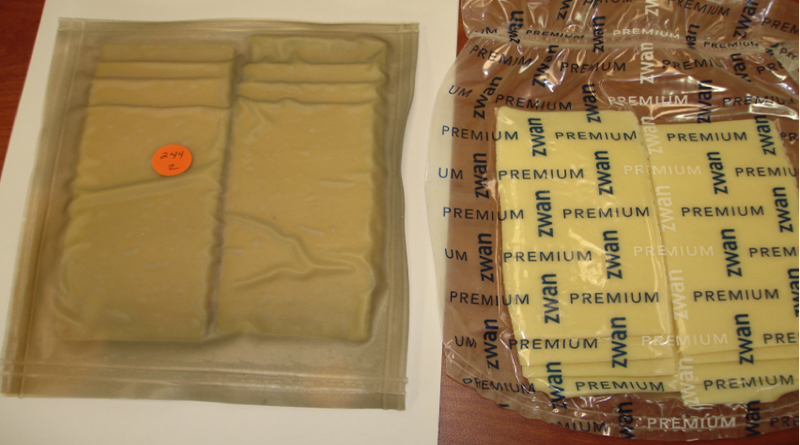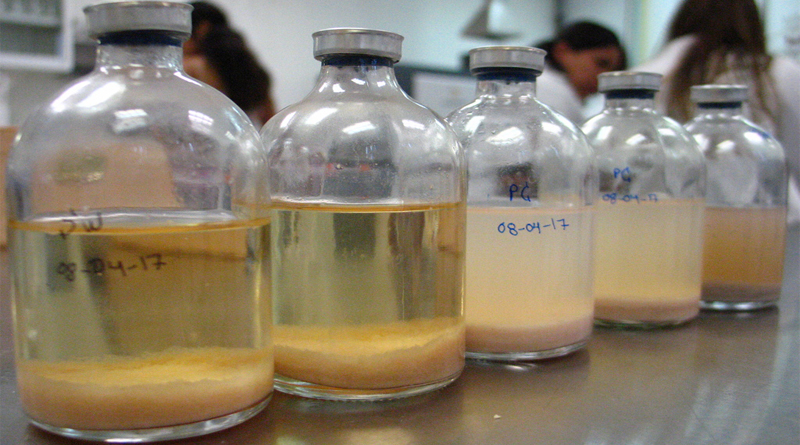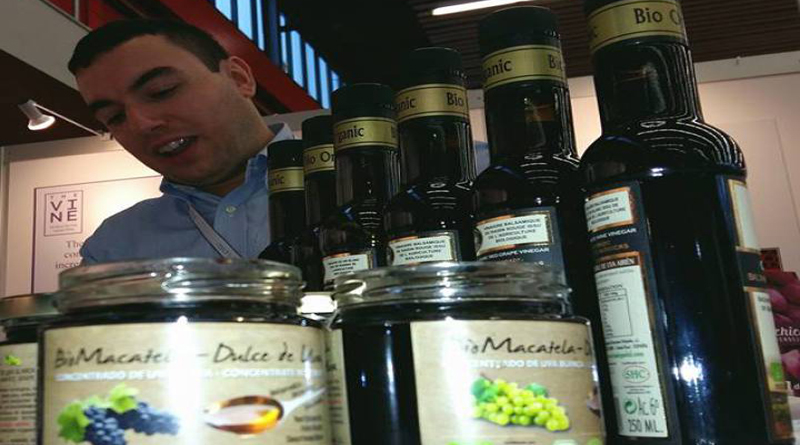The specific strain, Akkermansia Muciniphila, has also been linked to fighting other diseases.
Amyotrophic lateral sclerosis (ALS) – also known as Lou Gehrig’s disease – may be slowed by specific strains of gut microbes, according to researchers at the Weizmann Institute of Science, Israel. An ALS-like disease in mice showed slowed progression after they received certain strains of gut microbes. The specific strain found to be beneficial, called Akkermansia Muciniphila, has also been linked to the reduction of other disease factors by prior research. A further aspect of the study found that the gut microbe of humans with the disease differed to healthy controls, highlighting the need for further research into the link between the gut and ALS and potential avenues for treatment.
“We found ALS to be an interesting disease to study as it is genetically-influenced, but there are also many hints suggesting that ALS course may be influenced by unknown environmental signals. Since we regard the microbiome as a ‘signaling hub’ transmitting such environmental signals to the human body, we thought it would be important to investigate whether ALS is modulated by the gut microbiome,” Prof. Eran Elinav, Professorial Chair in Immunology at the Weizmann Institute of Science and Microbiome and study co-author, tells NutritionInsight.
It was very difficult to grow ALS-prone mice in sterile conditions.
The first stage of the experiment involved examining the progression of an ALS-disease in transgenic mice. Their symptoms worsened after being given broad-spectrum antibiotics to wipe out a substantial portion of their microbiome. Additionally, it was found to be very difficult to grow ALS-prone mice in sterile conditions where they carry no microbiome at all. These results suggested a possible link between the microbiome and accelerated disease progression in mice that were genetically susceptible to ALS.
Advanced computational methods were used to compare the composition and function of the microbiome in the ALS-prone mice. Eleven microbial strains had become changed in ALS-prone mice. Researchers isolated the strains and gave each one to the ALS-prone mice following antibiotic treatment. While some of the strains had a clear negative impact on the disease, Akkermansia significantly slowed the disease progression and prolonged the mice’s survival.
A specific molecule secreted by Akkermansia gut microbes, nicotinamide (NAM), is key to the mechanism for the ALS slowing. NAM levels in the blood and in the cerebrospinal fluid of ALS-prone mice were reduced following antibiotic treatment and increased after these mice were supplemented with Akkermansia. When the ALS-prone mice were continually infused with NAM, their clinical condition improved significantly. A detailed study of gene expression in the mice’s brains suggests that NAM improved the functioning of their motor neurons.
Additionally, when the microbiome and metabolite profiles of 37 human ALS patients were compared to family members in the same household, the microbiome of the ALS patients had a distinct composition and functional features in comparison to the controls. It was also found that numerous microbial genes involved in the synthesis of NAM were significantly suppressed in ALS patients. NAM levels were also significantly reduced in the blood and brain of 60 ALS patients as compared to the controls, as well as there being a correlation between reduced NAM levels and the degree of muscle weakness in the patients.
The potential of Akkermansia Muciniphila
Earlier this month, it was found that Akkermansia reduces cardiovascular risk factors, moderate pre-diabetes progression, as well as lower cholesterol levels in obese participants, showcasing further potential applications of the gut bacteria. Key to Akkermansia’s benefit is likely its strategic location, Patrice Cani, Head Researcher at the Louvain Drug Research Institute of the UCLouvain and study leader, tells NutritionInsight.
Further research is warranted to discover how the strain could aid humans.
“It is naturally present in the intestinal tract of healthy subjects close to the mucus layer and in a relatively high abundance in comparison to other bacteria. There are also several more reasons explaining its impact,” Cani notes.
He explains how Akkermansia helped mice on a high-fat diet reduce weight gain and fat mass gain by reinforcing the gut barrier. This leads to the blockage of gut permeability and therefore, less endotoxins enter the blood. “The mechanisms were linked to a higher mucus layer thickness and better utilization of fat (markers of oxidation) in the adipose tissue and the liver.” Cani also describes how Akkermansia has effects on the regulation of the immune system, which may also be why the bacteria is so beneficial.
“I do not see Akkermansia as a ‘treatment’ in itself, but it could clearly be a support for the different approaches already existing for potential disorders. However, I have been working on this bacteria for over 12 years and I am really fascinated by the potential of this bug – Akkermansia is the best example of my motto ‘in gut we trust,’” remarks Cani.
While these human results are interesting and may shed new light on the elusive modulators and causes of human ALS, they are very preliminary and merit validation and further evaluation by future larger randomized human clinical trials, cautions Elinav. By no means do these preliminary results constitute in any form or shape a recommendation for human treatment, intervention or prevention by patients and their physicians, he said.
“Only future prospective studies will determine whether we can identify microbiome-associated targets of intervention. Until then, any such intervention is irresponsible in our view and may be associated with unpredictable adverse outcomes. We plan to follow this [ALS study] with a larger prospective human trial, to learn more of potential microbiome modulatory involvement in human ALS,” concludes Elinav.
Source: Nutrition Insight










